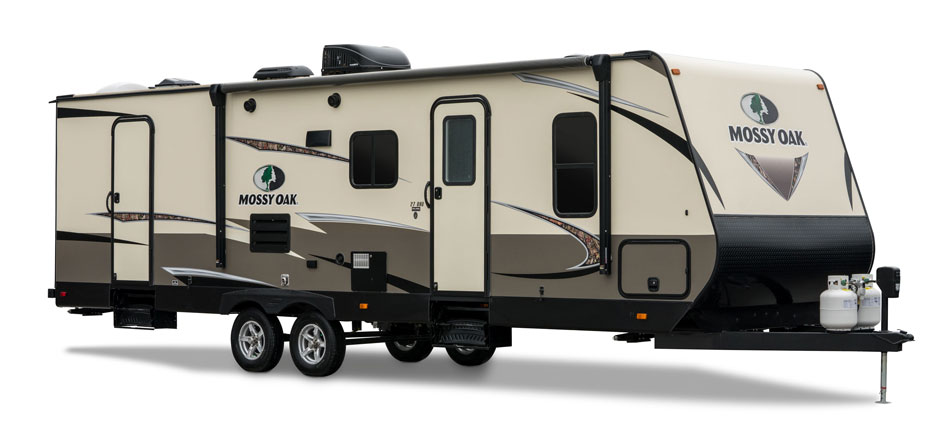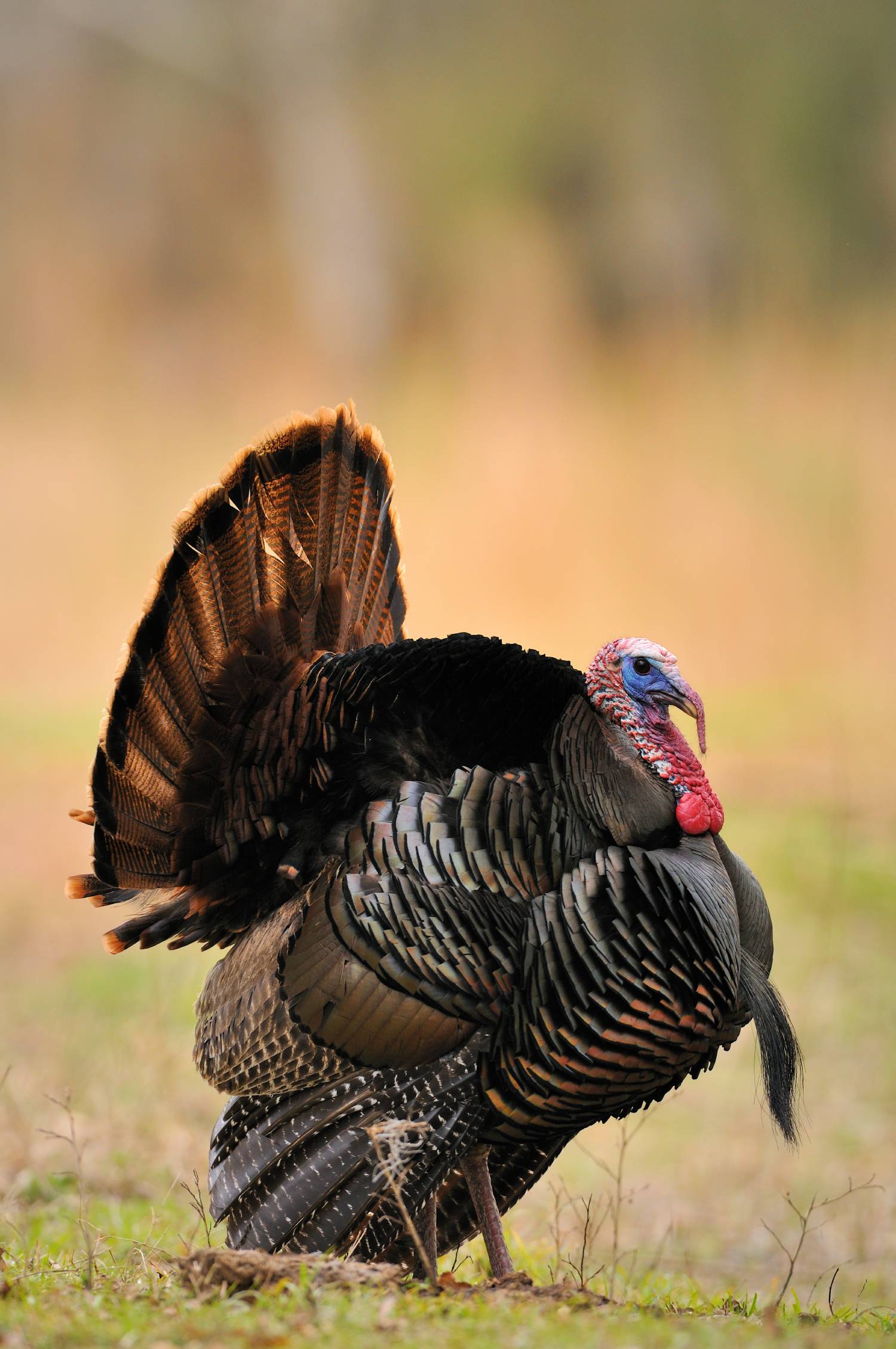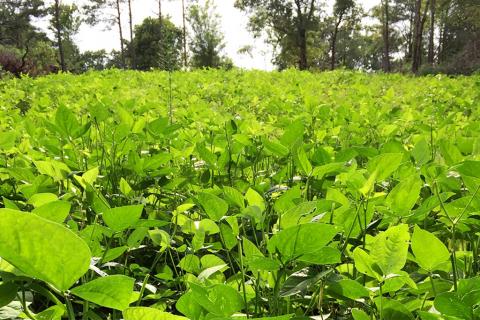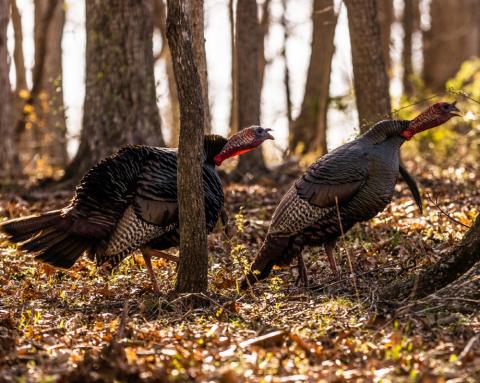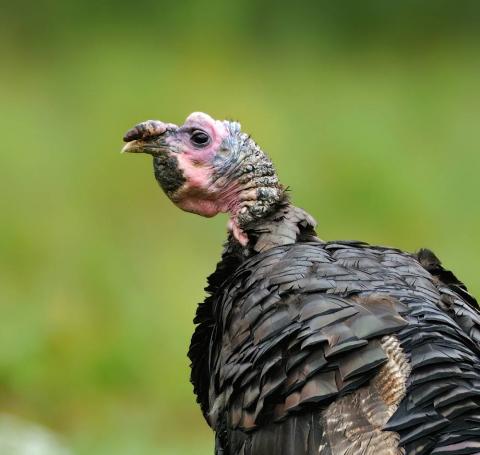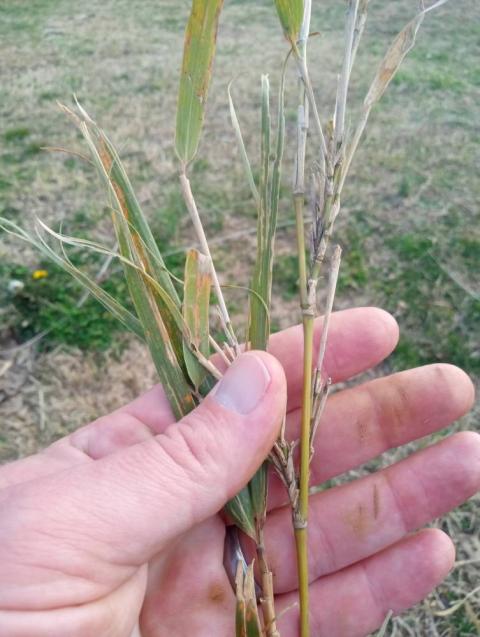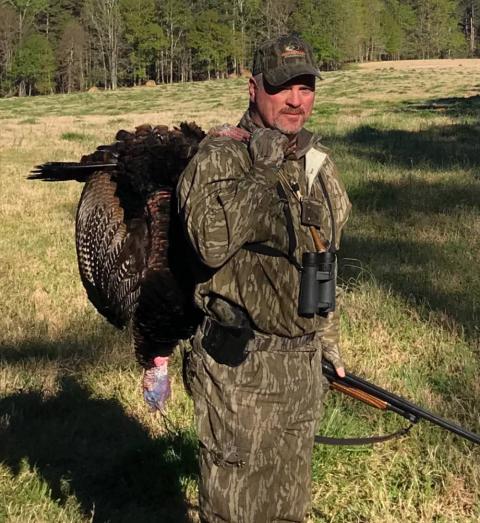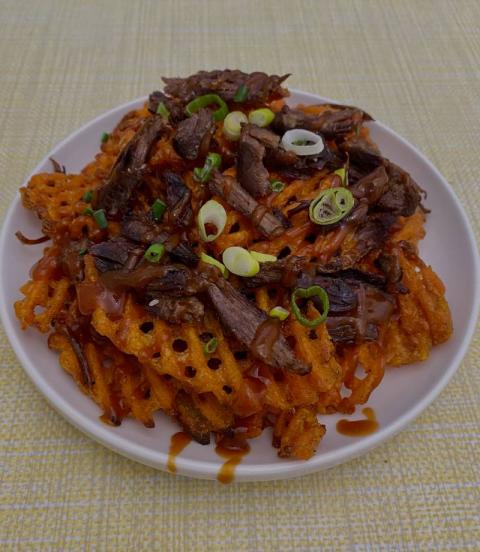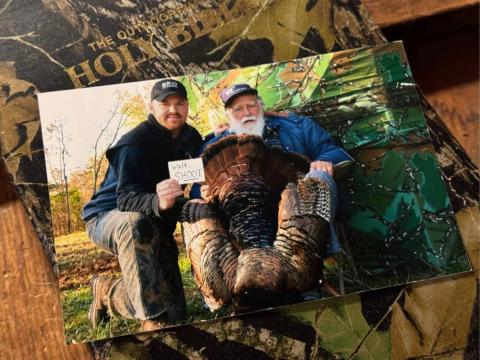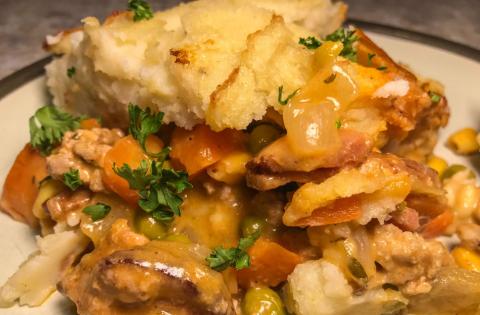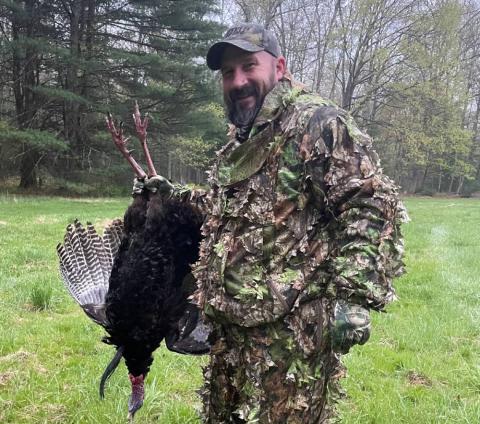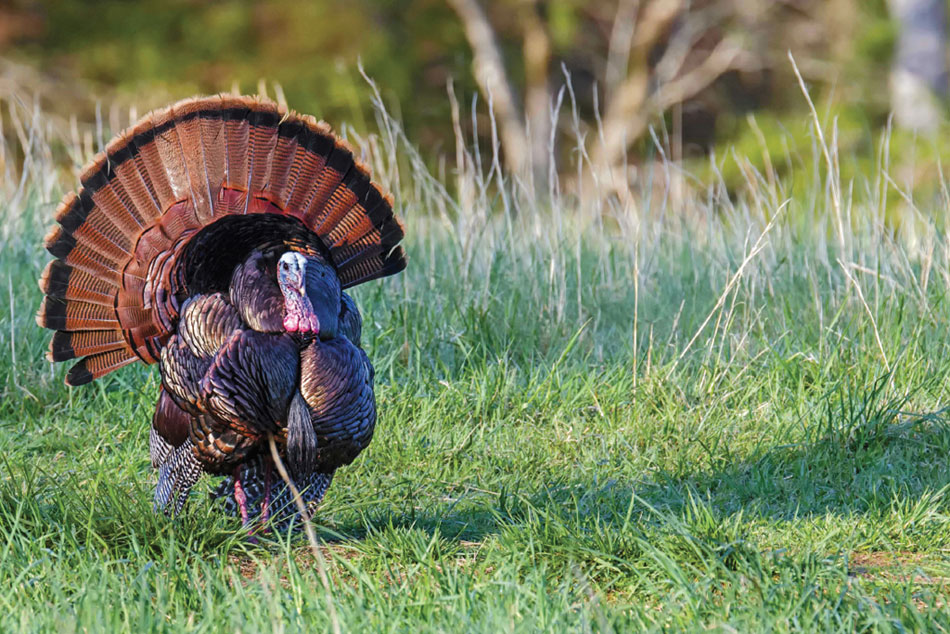
It’s often discussed in deer hunting forums about how hunters can use diversions to direct or funnel deer toward particular areas. Turkeys can be directed in the same fashion. If you are hunting along a food plot, you can use brush piles along the perimeter to create entrance and exit points.
It doesn’t take a lot of money, but it takes time and effort to place brush as barriers along the edges of the plot. Hinge cutting small trees and allowing part of the tree to remain intact with the stump will allow the leaves to continue living and actually create a living barrier. Turkeys will get hung up along something as simple as a fence and certainly have no desire to pass through a thicket if there is a clear alternate route. Like most critter’s out there, they take the path of least resistance.
As planting, felling trees and arranging brush piles can restrict movement, we can also make it easier for their travel by mowing, or cutting trails by other means. It’s probably best if somehow you enhance a route where the birds already prefer to travel rather than attempting to force them in a particular direction. It’s pretty simple; the easiest route will usually be taken.
Remember, hunting is referred to as a sport because it is competitive and many times your success is relative to your preparation. Fortunately, some of the ways that a gamekeeper can enhance turkey habitat are actually low-cost but they can have an immediate and lasting impact on your property’s appeal for wild turkeys.
For more tips to help you in the spring woods, read “Holding Wild Turkeys: The Missing Link.” Some gamekeepers have roost trees, water source, mast crop, food plots and bugging areas all going for them, yet wonder why they don’t have turkeys, but their neighbors do. The answer is probably “grit!”
This article is courtesy of the GameKeepers Farming for Wildlife publication, a quarterly wildlife and land management magazine produced by the Mossy Oak GameKeepers. For more information on subscribing or joining visit Mossy Oak GameKeepers Club.














